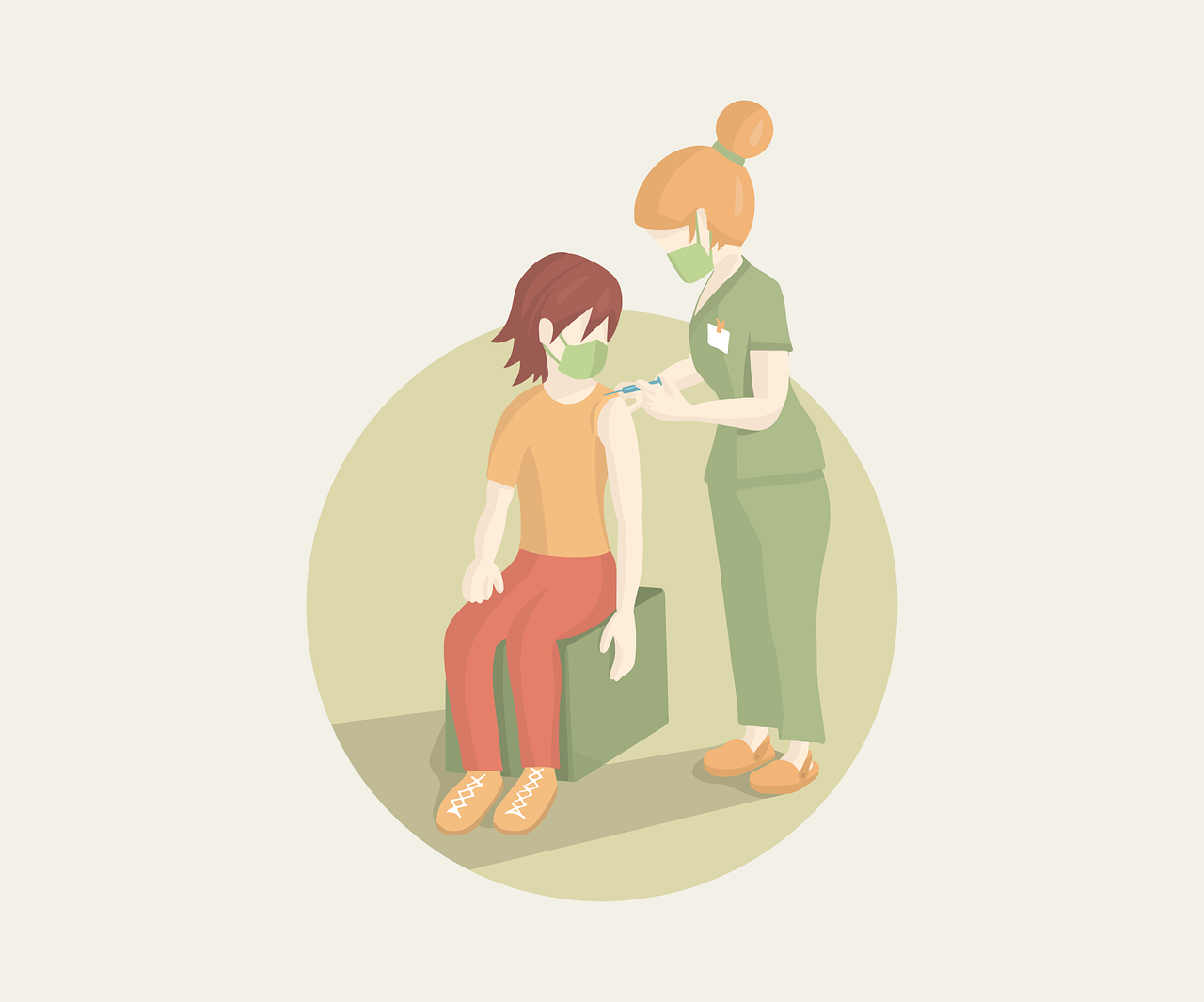COVID-19 Vaccines - Recommendations for People with Cancer
The COVID-19 vaccine is given in a series; the primary (first) series and the booster.
- The primary series can be 2 vaccines (shots) that are given 3-4 weeks apart (Pfizer, Moderna, Novavax) or 1 shot (Johnson and Johnson).
- The second step in the series is 1 shot, called a bivalent booster. Booster shots are either Pfizer or Moderna.
Who can get the vaccine?
- All adults should be vaccinated for COVID-19.
- Infants as young as 6 months can be vaccinated with the Pfizer and/or Moderna vaccines.
- Novavax is approved for those 12 years and older.
- Johnson and Johnson is approved for those 18 and older. Because there is a risk of blood clots, the FDA suggests that those who cannot get a Pfizer, Moderna, or Novavax vaccine should get a Johnson and Johnson shot.
Can I get more than one kind of vaccine?
You can “mix and match” the primary series and the booster. For example, you can get a Pfizer primary series and a Moderna booster.
What are the side effects?
Side effects of the vaccine are often mild and go away in a few days. You may have:
- Pain/soreness where you had the shot.
- Fatigue (feeling tired).
- Headache.
- Fever, chills.
- Muscle aches.
- Swollen lymph nodes. You may feel this in the arm where you had your shot. This is a normal reaction of your immune system. It should go away in a few days to a week. These swollen lymph nodes can affect radiology tests like routine mammograms or MRI/PET scans. Talk to your provider about when to have these tests after your vaccine.
There are some serious side effects of the vaccine, but they are not very common. These can be:
- Allergic reaction-this may happen in individuals who have had reactions to vaccines before. You will be monitored after receiving your vaccine for a short period of time to check for an allergic reaction.
- Blood Clots (with the Johnson and Johnson vaccine)-this usually happens within one week of receiving the shot. Symptoms include pain, swelling, tenderness, and redness in the skin near the clot, shortness of breath, chest pain, fast heart rate, and low blood pressure (if the clot is in the lungs). Call 911 or go to the emergency room right away if you have these symptoms.
- Myocarditis or Pericarditis-this is an inflammation of the heart. Symptoms include chest pain, feeling like your heart is beating fast or fluttering, and shortness of breath. This often happens within 1 week of getting the shot. Call 911 or go to the emergency room right away if you have these symptoms
Is the vaccine covered by insurance?
Vaccines are available to all people free of charge. To find a place near you to get a vaccine, click here.
When is the best time to get vaccinated if I have cancer?
It is important for people with cancer, especially those in active treatment, to talk with their provider about when to get vaccinated.
Resources for More Information
American Cancer Society COVID-19 Vaccines in People with Cancer
Centers for Disease Control (CDC). Stay Up to Date with COVID-19 Vaccines.
Immunize.org. Checklist of Current Versions of U.S. COVID-19 Vaccination Guidance and Clinic Support Tools.
References
Desai, A., Gainor, J. F., Hegde, A., Schram, A. M., Curigliano, G., Pal, S., ... & COVID-19 and Cancer Clinical Trials Working Group. (2021). COVID-19 vaccine guidance for patients with cancer participating in oncology clinical trials. Nature Reviews Clinical Oncology, 18(5), 313-319.
Fendler, A., de Vries, E. G., GeurtsvanKessel, C. H., Haanen, J. B., Wörmann, B., Turajlic, S., & von Lilienfeld-Toal, M. (2022). COVID-19 vaccines in patients with cancer: immunogenicity, efficacy and safety. Nature Reviews Clinical Oncology, 19(6), 385-401.
Hwang, J. K., Zhang, T., Wang, A. Z., & Li, Z. (2021). COVID-19 vaccines for patients with cancer: benefits likely outweigh risks. Journal of Hematology & Oncology, 14, 1-11.
